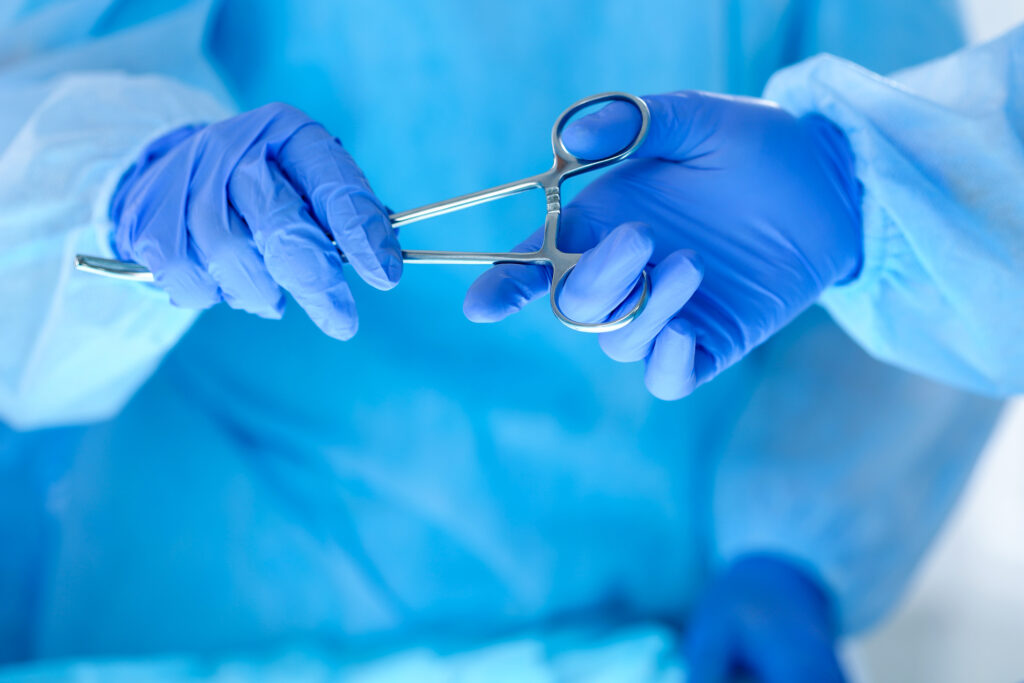
Regenerative cell-based therapy has been changing the lives of many patients suffering from orthopedic injuries and other conditions. For the first time in years, these individuals are experiencing relief from debilitating symptoms such as chronic pain and inflammation. Whether using Platelet-Rich Plasma (PRP), stem cells, or alpha 2 macroglobulin (α2M), these cellular procedures represent the wave of the future for orthopedic treatment.
Most of these treatments appear to be simple on the surface. From the patient’s perspective, they are quite simple, usually necessitating a basic blood draw and an injection (or series of injections) to the specifically affected area. In order to preserve efficacy, however, these treatments should not be considered quite so cut-and-dried by the administering physician.
Just Where Is the Injection Going?
You might think to yourself, “So, the doctor is injecting me in the area where it hurts. That sounds right. What could go wrong with that?” However, a study measuring the accuracy of knee joint injections in 50 patients found that even experienced physicians can actually miss the joint they are targeting— up to 45% of the time!
Take into account yet another study that examined injection techniques on patients suffering osteoarthritis in the ankle joint. The results showed a 24% failure rate – that’s one in four ankles that didn’t receive the proper treatment. The stem cells ended up somewhere outside of the ankle joint. While this won’t necessarily do any harm, it’s not going to do any good, either.
Regardless of the joint being treated, the cells must be placed inside the joint to combat arthritis and other such conditions. And, even more precisely, they should be targeted directly to the damaged part of the joint. If they are blindly and improperly placed elsewhere, the patient is left with an ineffective treatment (and, let’s be honest, while these injections are administered with the patient’s comfort in mind, nobody wants to undergo a needle for zero results).

Precision Is Absolutely Key
How to avoid this frustrating failure risk? Individuals seeking these therapies should consider whether their physician is utilizing imaging guidance to make sure the injections are placed accurately. Most U.S. physicians practicing orthopedic care are not trained in this. However, the most advanced practitioners in the field have experience with fluoroscopy and/or ultrasound methods to assist in injecting cells precisely.
Ultrasound (which uses sound waves) provides real-time images of internal body structures such as organs, muscles, nerves and joints; while fluoroscopy (which uses X-rays) can provide a clear look at the skeletal system. Armed with these images as a “map” to provide visual guidance, physicians can watch and direct their injection from the moment it pierces the skin to the point where it reaches its targeted internal area. As noted, the degree of precision in an injection directly correlates with its ultimate efficacy.
The elite group of professionals who have received training in this area are leading the way in regenerative orthopedics, working with such nonprofit organizations as the World Academy of Pain Medicine Ultrasonography and the Interventional Orthopedics Foundation, which fund education and provide courses in core injection skills. Physicians are given the opportunity to acquire knowledge and practice skills on both live models and anatomical specimens in this growing arena. Additionally, a wide variety of grants and scholarships are offered in order to further physicians’ educations.
Finding The Right Physician
If you’re considering regenerative cell-based therapy for your specific condition, it’s essential to research a treatment plan headed by a physician who is part of this specialized trained group. Many costs are at stake, notably your financial commitment and valuable time. Most of all, you want a treatment that will work, and give you better quality of life.
GIOSTAR Chicago provides regenerative cell-based therapy for orthopedic injuries and many other conditions. To learn more about treatment options, please contact us online, email (info@giostarchicago.com), or call us 1-844-466-7827.

